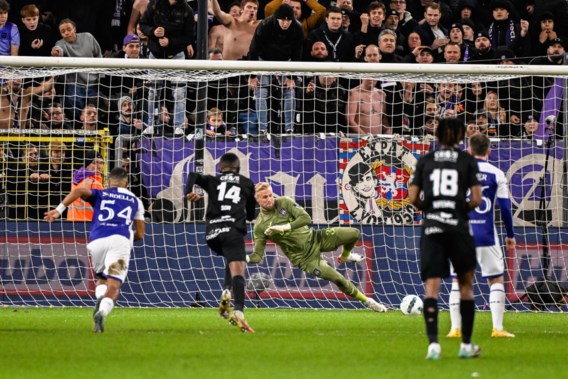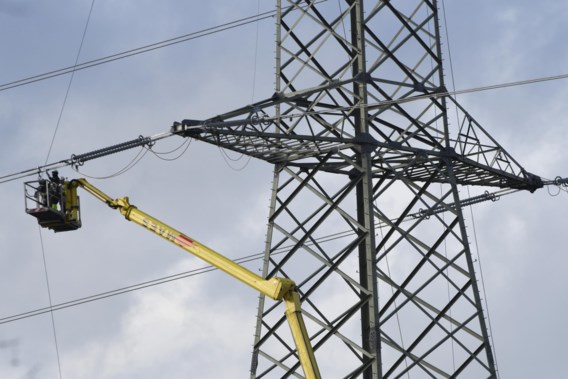The legal soap opera surrounding Anderlecht-Genk has come to an end. In that match, which was won 2–1 by Anderlecht on December 23, a Genk goal was disallowed because striker Yira Sor had run too quickly into the penalty area after a missed penalty. The fact that Anderlecht player Yari Verschaeren had also entered the penalty area too early, he “forgot” to look at the VAR.
Because the referee and VAR had not allowed the penalty to be retaken, Genk filed a complaint after the match. The Limburgers demanded that the match be replayed. The professional referee department ruled against the club, but Genk continued to litigate. It went to the Disciplinary Council of Professional Football (DRP), although the referee department’s decision stated that an appeal was only possible outside the football association, before the Belgian Court of Arbitration for Sport (BAS).
To the surprise of many, the DRP declared itself competent and decided that Genk’s complaint was admissible and well-founded. He overturned the decision of the professional refereeing department. It was then Anderlecht’s turn to appeal. The Purple & White appealed to both the Football Association (unsuccessfully) and the BAS. The BAS finally ruled on Tuesday that the match should not be replayed.
No robots
“The fact that the VAR did not pay attention to the Anderlecht players does not constitute an error against the rules of the game, but concerns carelessness in the assessment of the game situation,” it said. And also: “Nowhere in the association regulations or any other applicable provision does it provide that errors by the VAR can give rise to a replay of a match.”
The BAS is lecturing Genk: “Football clubs must realize that referees are not robots and, just like football players, make mistakes (missing a goal opportunity, missing a penalty kick), which can indeed have an impact on the course of a match.”
“It is all too easy to comment and criticize afterwards, after re-watching the images several times and preferably in slow motion, from his or her seat. The dynamics of football mean that things happen in a few flashes, even seconds, and that one cannot and should not expect a referee, especially considering the often hectic circumstances in which he has to make a decision, to do everything as a kind of Übermensch. and can see.”
The association’s disciplinary bodies were also criticized. “Neither the DRP nor the Evocation Committee had jurisdiction over the decision,” the BAS wrote. It is remarkable that the football association itself was also on that line. The KBVB argued against the decisions of its own disciplinary boards and thus completely ignored them.
However, not everyone believes that the DRP erred in declaring itself competent. The Leuven professor of sports law Frank Hendrickx, the author of the association regulations, stands up for the disciplinary councils. “I don’t find it strange that they took that matter to heart. There must be sufficient checks and balances within every organization. The DRP is more independent of the arbitration than the referee department.” Hendrickx suggests that the referee department is too involved.
Genk resigns
Anderlecht responded “satisfied” to the BAS decision. Racing Genk accepts the decision and abandons further legal steps – via a civil court.
“There is disappointment within the club after the ruling,” said an official statement. “But we believe that we have defended our rights to the fullest within the regulatory framework that exists today. This was not the first and possibly not the last match whose ruling was legally challenged. It is up to the regulator to change the rules of the game if they believe that this approach is not desirable.”


